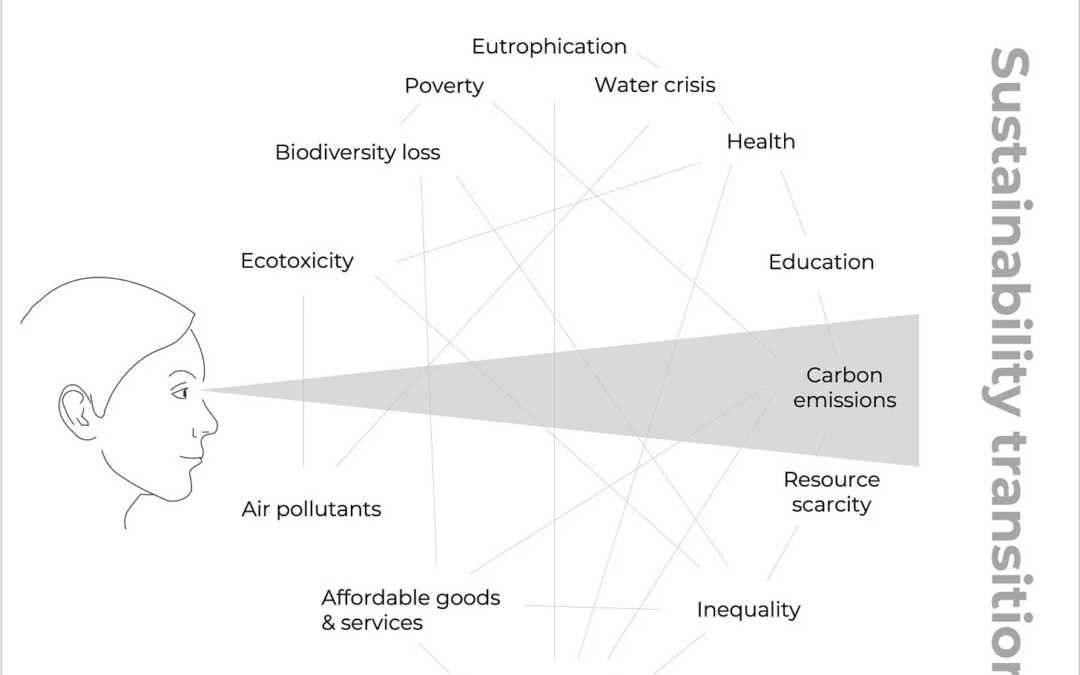How do you stay optimistic in a world facing a Polycrisis? Lethargic economies, war, pandemics, rising extremism and political polarisation. The litany of plight that you are exposed to as you doom scroll your preferred social media platform just seems to grow. And indeed, recent climate change data is a definite cause for alarm:

But at AQONE we remain an optimist. And the foundation of that optimism is built on advances in deep tech innovation and Wright’s Law driving exponential improvements. As a result, a pathway to 1.5 degrees of warming is challenging, but still possible.

However, technology is not a panacea. Techno-solutionism is the belief that technology can solve any problem without considering the complexities of economic, political and cultural context. It is often narrowly focused and ignores wider systemic issues as Jan Konietzko shows:

There are always negative externalities and unforeseen consequences to innovation. Many researchers are, rightly, concerned that there are also potential existential risks from emerging technologies. But as the film Oppenheimer beautifully explores, there is often an inevitability to technology despite potential moral or ethical concerns. We must somehow safely navigate the challenges of today and tomorrow.
To drive positive change in the face of the Polycrisis narrative, we need to inspire people to believe that a better future is possible. Deep tech pioneers are visionaries that are often trained in systems thinking. Capable of understanding the complex and interconnected nature of the world’s current problems. They are creating solutions that are not only technically and commercially feasible but often socially desirable and environmentally restorative.
It is easy to dismiss such deep tech utopianism. Many visions of the future, like Chobani’s portrayal of solarpunk in the video above, are often superficial and we must not forget, as Kurt Vonnegut highlighted in Harrison Bergeron, one person’s utopia is another’s dystopia.
But to build a better future we must not be afraid to try and answer the big questions; Where will we get the energy we need to power the world? How do we coordinate and govern economic activity for the benefit of humanity? How will we sustainably grow food to feed a planet of 10 billion people? What will people do, and where will they find purpose, in a world of hyper-automation?
These are all ideal questions for deep tech to tackle and it is up to deep tech leaders to imagineer a future we can all believe in.

